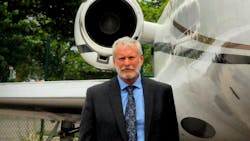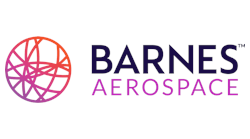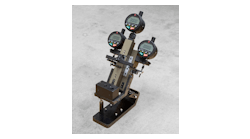Engine Assurance Program (EAP) Hires Industry Veteran Jim Wilson as its Newest Regional Sales Manager
Dallas, Texas / June 6, 2019 – Engine Assurance Program (EAP), the fast-growing, high-quality hourly engine maintenance program for operators of TFE731-2, TFE731-3, TFE731-4, and TFE731-5-powered aircraft, has added Jim Wilson to its team.
EAP’s continuing growth has meant expansion of its team. Engine expert Jim Wilson has joined EAP as regional sales manager. He previously worked for Williams International as program director, aftermarket programs. He brings with him a wealth of knowledge of aircraft engines and engine maintenance programs. He will be based in Michigan and report to Marco Cardenas, EAP sales director.
“We’re excited to have Jim and his expertise on the EAP team,” said Cardenas. “He understands the challenges faced by operators of aftermarket engines. He has long-established relationships with OEMs, service centers and parts providers. He’s built a trust and rapport that will help us continue to provide our clients with excellent service.”
Wilson has developed sophisticated tools that demonstrate the cost/benefit analysis of engine maintenance programs to operators. He is an ATP pilot with 50 years’ experience and type ratings in several business jets. He holds A&P and aircraft inspector licenses. He also earned a Bachelor of Science degree from Western Michigan University and has attended many technical engine and airframe training classes.
He’ll be using his expertise to help grow EAP’s client roster. Most operators are shocked when they realize the benefits and savings – ranging from $80-$100 per engine per hour – available to them using EAP’s hourly maintenance plan. EAP covers scheduled and unscheduled engine maintenance, including life-limited parts, LRUs, R&R, shipping, rentals, line maintenance and 24/7 access to Engine Assurance Program's AOG assistance. Catastrophic coverage is also included. Operators get full coverage with only 75 hours as the yearly minimum.
“Most people think they are saving money by electing to fly without an engine program. More often than not, the perceived savings are more than matched dollar for dollar in lost airframe value,” said Cardenas. “Maintaining engines on an engine program not only saves substantial money, but helps retain the value of the aircraft and ensures the equity in the engines is passed on to the next owner.”



